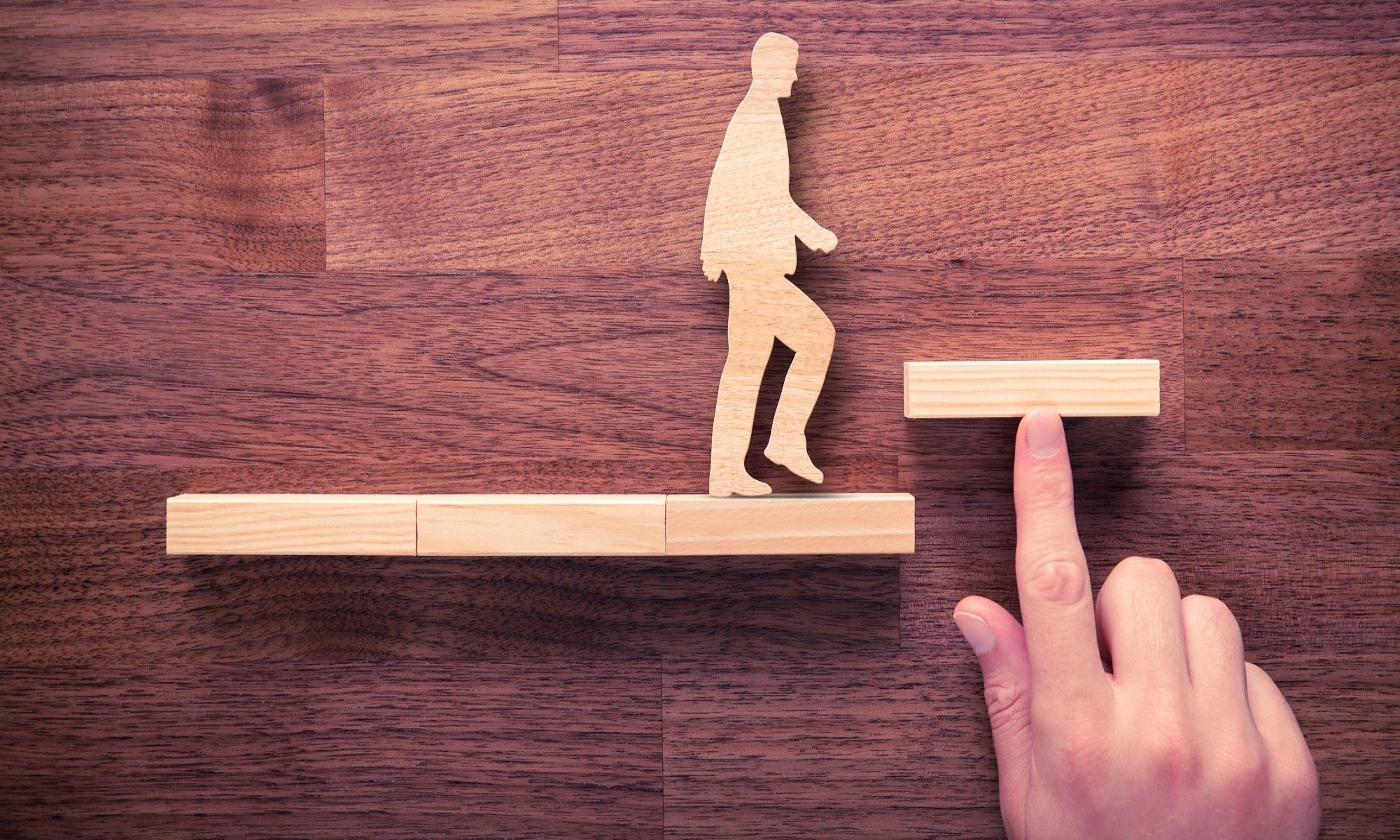This is the first in a series of posts about time management in physical and digital space. I consider time management as the most crucial soft skill a postdoc researcher must develop during their academic journey and one of the best cases to showcase a strong, transferable skill to a new career path.
Our days are easily filled with distractions, while we must handle a ton of different tasks in different spheres: personal life, teaching and grading, talks and presentations, paper and grant writing, meetings with students, and administrative work.
Our working environment can be a continuous source of distractions, especially in open-space environments. How can we take back control?
Let’s start by decluttering our physical space before diving into the time domain in the next posts. Here is a photo of my workspace.

The desk has the tools necessary for my work: my laptop, a cup of coffee, and a notepad just in case I need to write down something. Nothing more, nothing less.
On purpose, I put my library on my left and behind me but within reach. While I am focused on my work at hand, I avoid distractions by glimpsing to the items there and start thinking of other tasks beyond my current focus. At the same time, it remains within an arm’s reach, so I can pick up anything needed for my work.
You might notice the library it is quite empty. This is on purpose as well. Every physical document is scanned and stored digitally in a Dropbox folder in my laptop (hence, immediately a free backup and accessible from any computer I might need access from. Two worries less). Physical documents of low value are recycled immediately after been stored digitally. The transparent dossier and orange shoebox hold respectively all official documents, which I must retain in original form (dossier) and tax receipts (shoebox) I am obliged to archive for seven years by law.
You might wonder how it is possible to have so few physical documents. I have established the practice of digital transactions and receipts whenever possible (e.g., rent, phone bills, books, subscriptions, language schools, and travel expenses). Hence, I save time from receiving physical documents, scanning pages (painful and time-consuming), storing in Dropbox, and then recycling. Being a nomad for almost all my life and having multiple move outs (intra-city, inter-city, inter-country), I am taught to carry as little as possible.
Last but not least, the second shoebox, closer to me, contains all digital paraphernalia that I occasionally need for my laptop or my trips. A headset, an external hard disk, some USB sticks, USB cables, network cables, adaptors, stuff like these). No need to clutter my working space but in immediate reach if needed. And already packed for the next move in/move out.
Up next, I should invest in a better chair, this one is not convenient for long working sessions. But this is another story. For now, being inconvenient, it forces me to have regular breaks, to stand up, walk a bit, or even lie in a nearby couch or bed from time to time.
